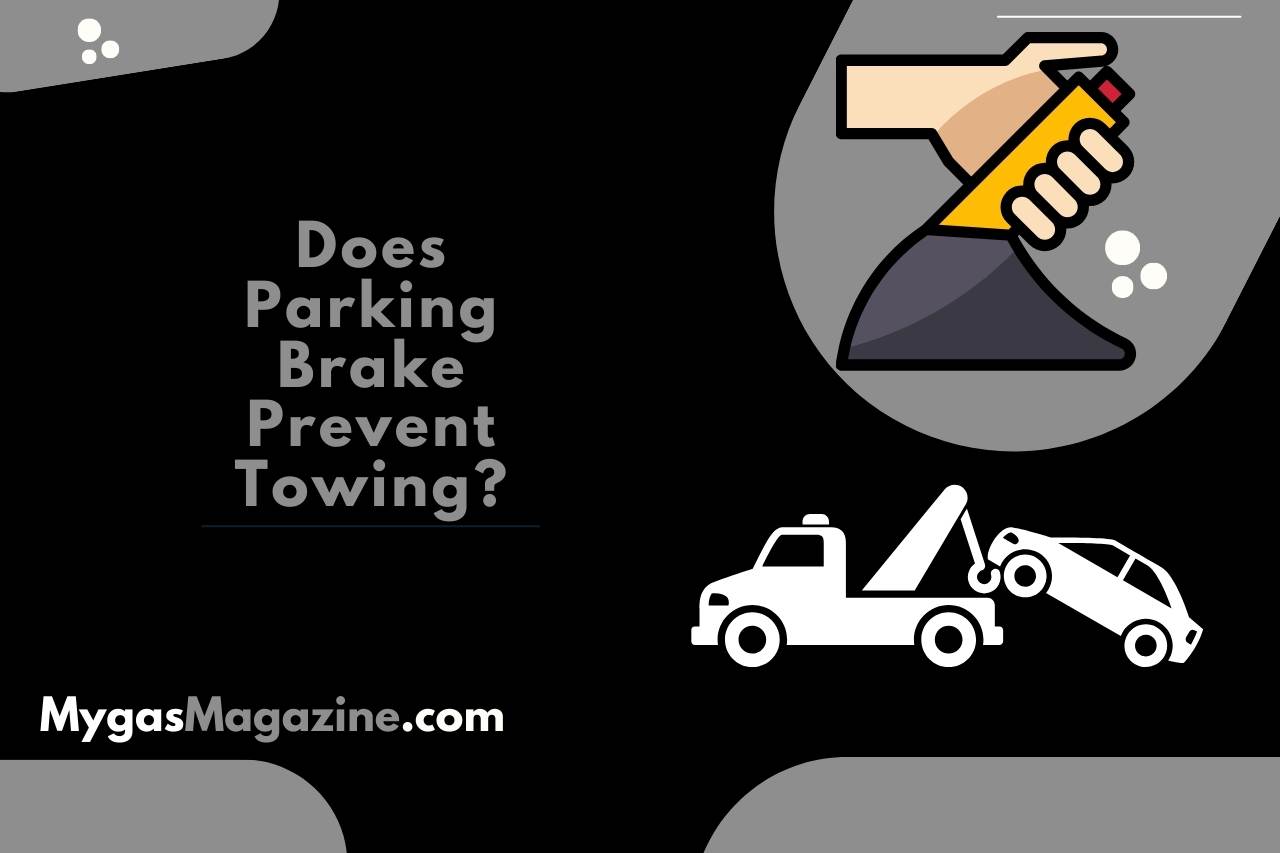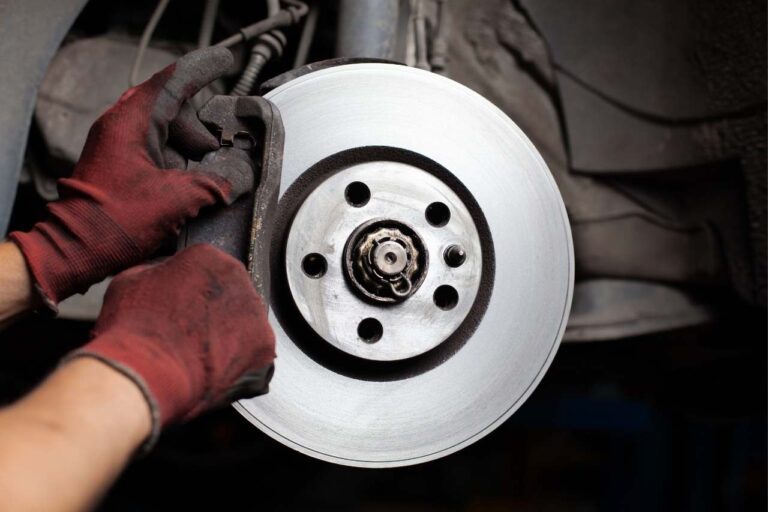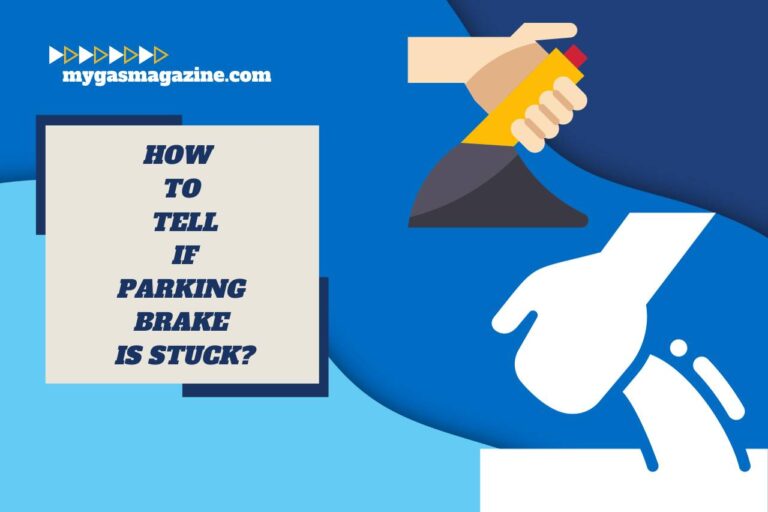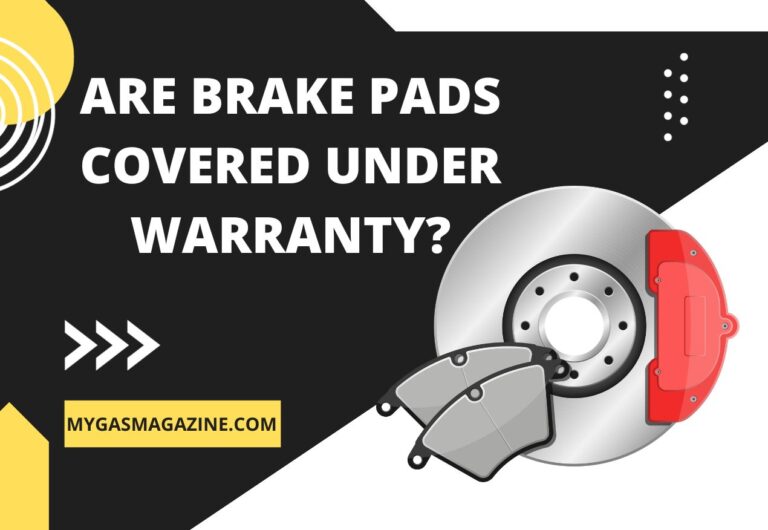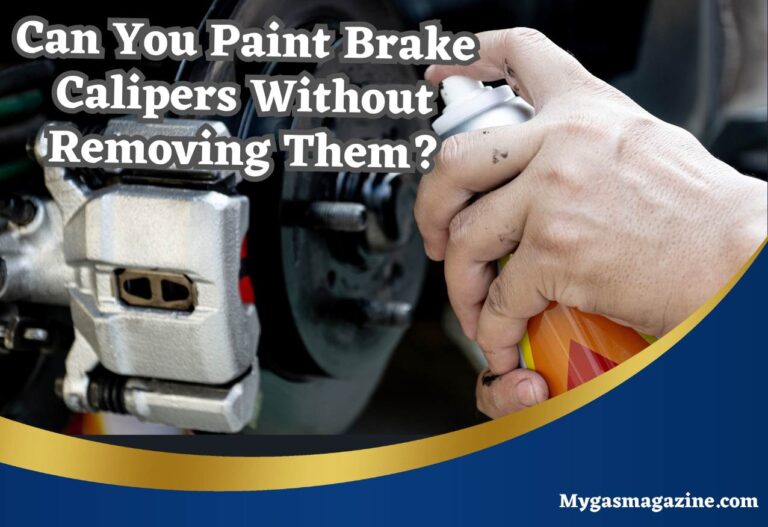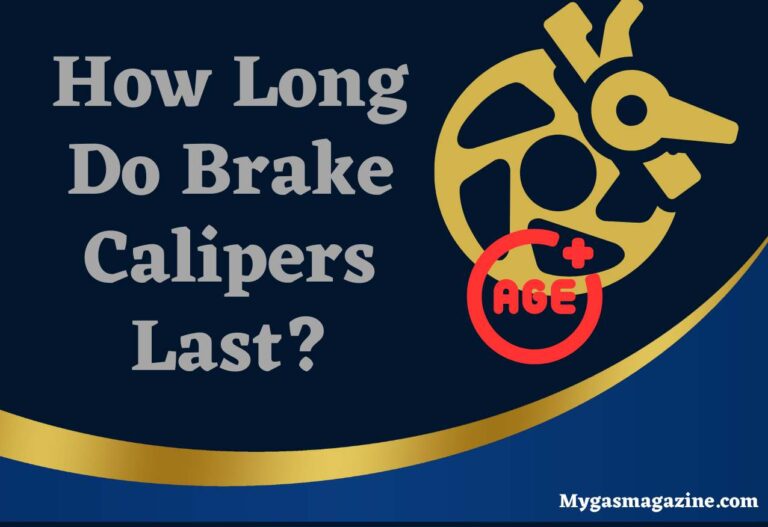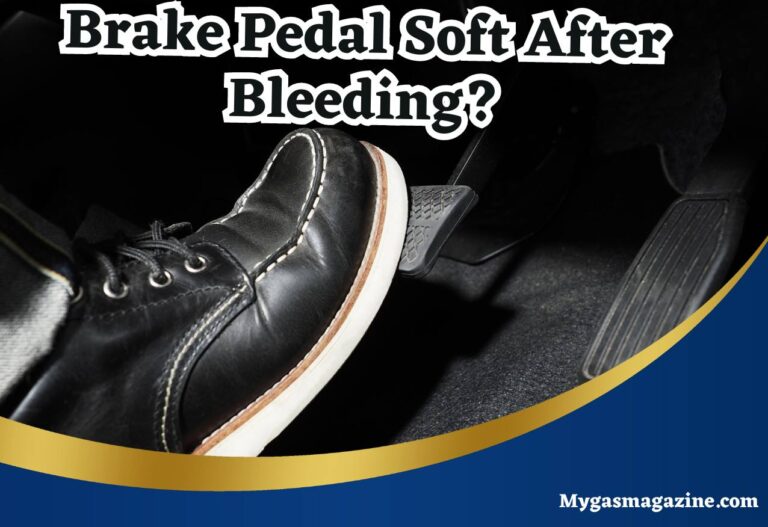Does Parking Brake Prevent Towing? (Risks & Realities)
“Does parking brake prevent towing?” Most vehicle owners doubtfully ask this question since the park brake acts as the emergency brake on vehicles. In today’s discussion, you will be able to discover why relying solely on the parking brake can pose risks and explore the optimal practices to ensure a secure towing experience. From understanding the consequences to mastering the right techniques, this guide navigates through the critical aspects of towing, shedding light on the importance of proper procedures for both your vehicle’s health and your safety on the road. So, keep reading till the end!
Does Parking Brake Prevent Towing?
No, the parking brake does not directly prevent towing, but it would be better to avoid towing when the parking brake is on.
The reason why, your brake system, as well as tires, can be damaged. Indeed, engaging the parking brake alone is not sufficient to prevent towing. The parking brake primarily secures the vehicle when stationary. For safe towing, it’s crucial to follow proper procedures.
As a general recommendation, you should release the parking brake and use additional safety measures like wheel chocks.
Always refer to your vehicle’s manual for specific towing guidelines, including whether the parking brake should be engaged or not during the process.
Remember that proper towing practices involve a combination of equipment, precautions, and adherence to manufacturer guidelines.
In case your parking brake cannot be released, the best practice would be to hand over the task of towing to a professional team.
How Do you Tow a Car with a Parking Brake?
Towing a car with the parking brake engaged can lead to significant issues, so it’s crucial to follow these steps for a safe tow.
- Release the Parking Brake: First and foremost, make sure the parking brake is completely disengaged before towing. This prevents unnecessary strain on the brake system.
- Choose the Right Equipment: It is advisable to opt for a tow dolly or trailer. These methods lift the car’s wheels off the ground, eliminating the need to deal with the parking brake.
- Secure the Car: It is a must to use straps or chains to secure the car to the towing equipment. You can find proper attachment points if you visit the manufacturer’s website.
- Check Towing Capacity: Ensure the towing capacity of your vehicle and the towing equipment match. Exceeding capacity can lead to safety hazards.
- Verify Lights and Signals: Check that all lights and signals on both the towing vehicle and the towed car are working correctly. This ensures visibility and safety on the road.
Refer to your vehicle’s manual for any specific towing instructions from the manufacturer. This step provides crucial insights tailored to your car’s make and model.
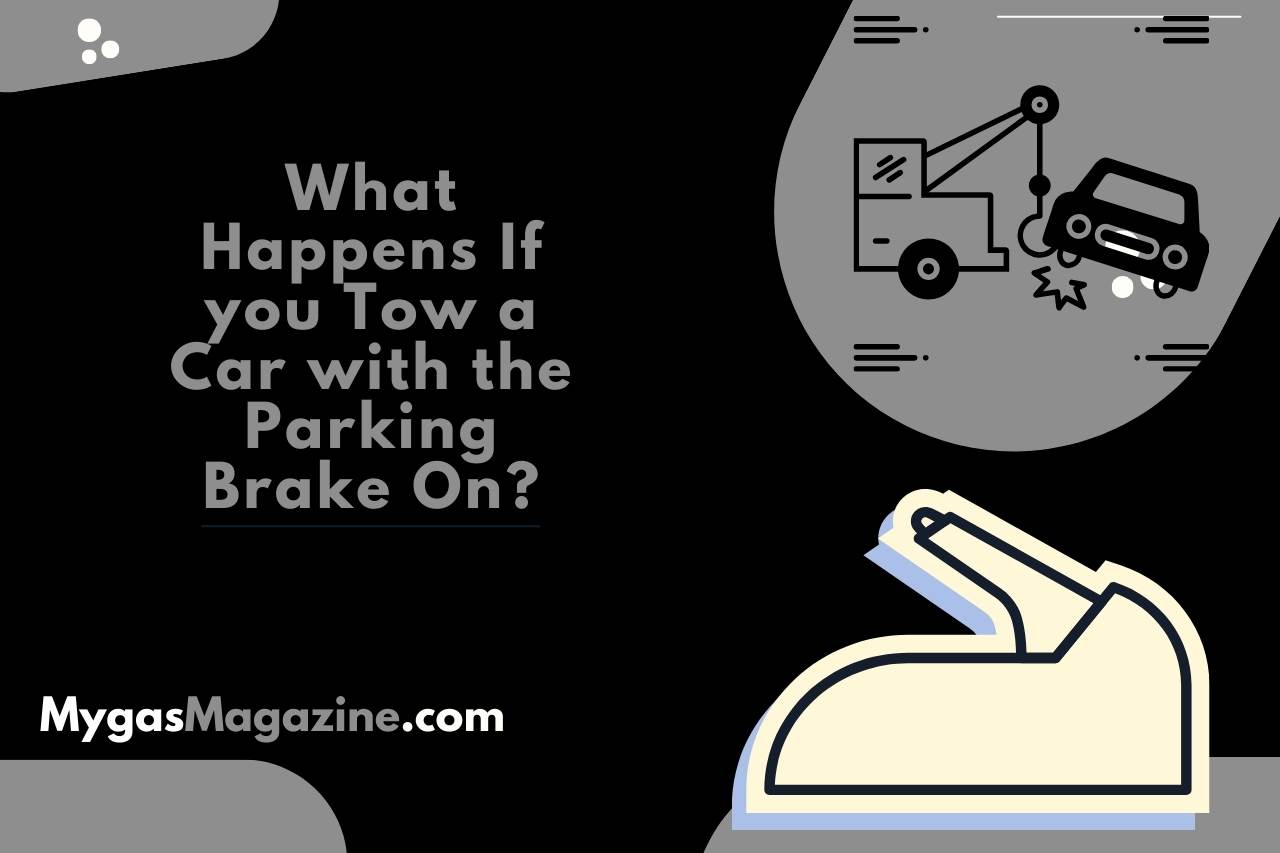
What Happens If you Tow a Car with the Parking Brake On?
Towing a car with the parking brake on can result in severe consequences. Simply put, the parking brake is designed to keep the vehicle stationary, and towing with it engaged causes excessive strain on the brake system. Consequently, you will have to experience the following effects.
- Brake Overheating: Towing with the parking brake engaged can lead to excessive heat generation within the brake system, risking overheating. Most of the time, excessive heat can damage the entire brake system.
- Accelerated Wear: The constant friction and resistance from the engaged parking brake accelerate wear on brake components, diminishing their lifespan.
- Damage to Brake Components: Prolonged towing with the parking brake on can cause damage to brake pads, rotors, and other crucial components. So, there will be additional costs of replacements.
- Increased Strain on Towing Vehicle: The towing vehicle experiences heightened stress and strain due to the resistance from the engaged parking brake, impacting overall towing performance.
- Compromised Safety: Towing with the parking brake engaged compromises the safety of both the towing and towed vehicles, potentially leading to hazardous situations on the road.
- Challenges in Towing: The resistance created by the engaged parking brake makes towing more difficult, reducing the efficiency and smoothness of the towing process. As the task is challenging, there is a risk of accidents, too.
- Difficulty in Maneuvering: Maneuvering becomes challenging as the towed vehicle resists movement, affecting the overall control and handling of the towing setup.
- Risk of Irreversible Damage: Prolonged towing with the parking brake on poses the risk of irreversible damage to the brake system, requiring extensive repairs or replacements.
You May Also Like
- How do I Reset Parking Brake Light? Demystifying Dashboard Lights
- How does a Caliper Parking Brake Work? Unveiling the Mechanics!
- How to Tell If Parking Brake is Stuck? Uncover the Mystery!
- Difference Between Park and Parking Brake – (Understanding Auto Lingo)
- When to Use Park Brake? Mastering the Art of Parking!
- Park Lights Come On When the Brake is Pressed – Understanding the Link!
- Brake Lamp Bulb Fault – Replacing a Faulty Brake Lamp Bulb!
- Park Brake Limited Function Service Required – Expert Tips for Maintenance!
Meet Lakith, the driving force behind MyGasMagazine.com. A seasoned mechanic with over 7 years of hands-on experience in our family-run Gas Mag Garage, Lakith combines his technical expertise with a deep passion for cars. His journey in the automotive world began alongside his father, learning the intricacies of car repair and maintenance. Today, as the founder of MyGasMagazine.com, Lakith shares his wealth of knowledge, offering readers a unique blend of practical advice, industry insights, and engaging stories from the vibrant car culture of Sri Lanka.

